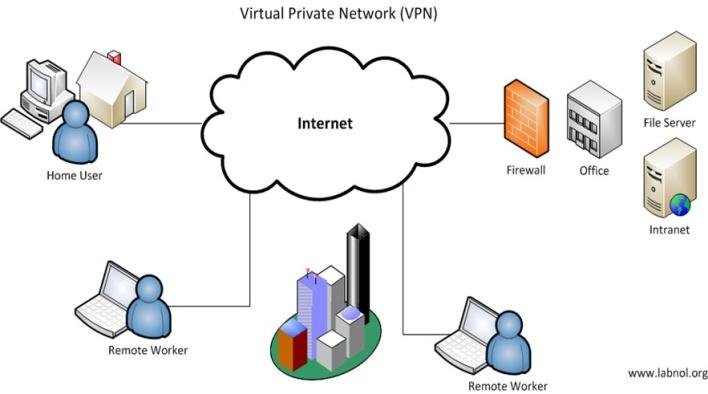Introduction
In today’s digital age, ensuring online privacy and security has become increasingly important. One of the tools that can help achieve this is a Virtual Private Network (VPN). VPNs have gained popularity among internet users due to their ability to protect sensitive data and establish secure connections. This article will explore the concept and how it works, and why it is crucial for maintaining online privacy.
What is a VPN?
A VPN, short for Virtual Private Network, is a technology that allows users to establish a secure and encrypted connection over a less secure network, such as the internet. It creates a private network by encrypting data transmitted between the user’s device and the VPN server. By doing so, a VPN ensures that the user’s online activities remain private and protected from prying eyes.

How Does a VPN Work?
When you connect to a VPN, your internet traffic is routed through a VPN server before reaching its destination. Here’s a step-by-step breakdown of how is working:
- Encryption: When you initiate a connection to a VPN, the data you send and receive is encrypted. This means that your data is encoded into a format that can only be deciphered by the intended recipient, which in this case is the VPN server.
- VPN Server: The encrypted data is sent to the VPN server, which acts as an intermediary between your device and the internet. The server decrypts your data and sends it on your behalf.
- Masking Your IP Address: As your data passes through the VPN server, it replaces your original IP address with its own. This effectively masks your true location and identity, making it difficult for third parties to track your online activities.
- Secure Connection: Once your data has been decrypted and assigned a new IP address, it is sent to its intended destination. Whether you’re browsing the web, accessing a secure business network, or streaming content, the connection between your device and the destination remains secure and protected.
Benefits of Using a VPN
Using a VPN offers several key benefits for internet users:
- Privacy Protection: A VPN encrypts your internet traffic, shielding it from hackers, government surveillance, and other unauthorized entities. This ensures that your sensitive information, such as passwords, financial data, and personal details, remains private.
- Security on Public Wi-Fi: Public Wi-Fi networks in cafes, airports, and hotels are often unsecured, making them prime targets for hackers. By using a VPN, you can secure your connection and protect your data from being intercepted or compromised.
- Access to Geo-Restricted Content: VPNs can help bypass geographic restrictions imposed by certain websites or streaming services. By connecting to a server in a different country, you can access content that might be otherwise unavailable in your location.
- Anonymity: With a VPN, your online activities are associated with the IP address of the VPN server, not your own. This provides a certain level of anonymity, preventing websites and online services from tracking your browsing habits.
Conclusion
In a world where online privacy is increasingly threatened, using a VPN is an effective way to protect your sensitive information and maintain your privacy. By encrypting your data, masking your IP address, and establishing secure connections, a VPN ensures that your online activities remain private and secure. Whether you’re browsing the internet, accessing public Wi-Fi, or seeking unrestricted access to geo-blocked content, a VPN is an invaluable tool for safeguarding your online presence.

